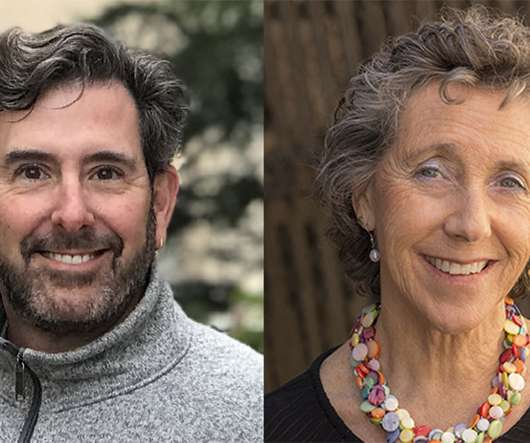Urinary Incontinence Revisited: George Kuchel & Alison Huang
GeriPal
JUNE 20, 2024
George 03:01 So I would say that as many clinical issues in older adults, we need to think about them in two ways. And we can talk about that later in terms of potential clinical implications that may have code. How do you think about this from a clinical perspective when you’re seeing individuals in your office?













Let's personalize your content